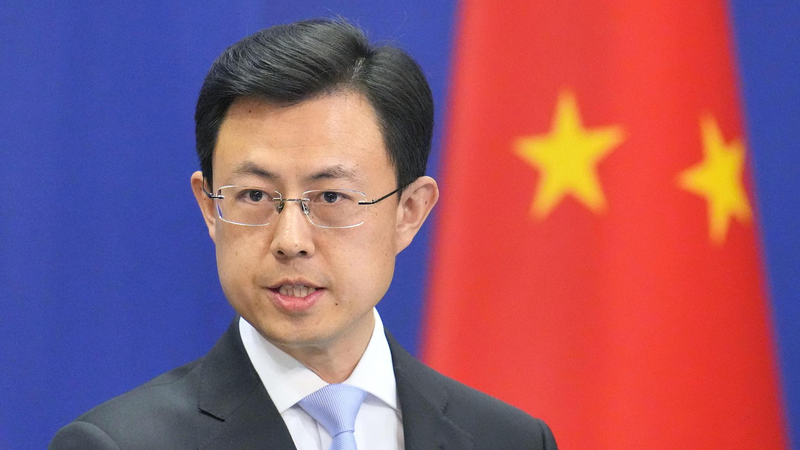U.S. President Donald Trump has just dropped a major bombshell on international trade by implementing new tariffs. Starting Tuesday, a hefty 25% tax on imports from Mexico and Canada is now in effect, alongside a doubling of duties on Chinese goods to 20%. This move is stirring up a storm with the U.S.'s top trading partners, potentially shaking up nearly $2.2 trillion in annual trade.
China isn’t taking this lightly. In retaliation, they’re slapping additional tariffs of 10-15% on certain U.S. imports starting March 10. Plus, they’re introducing new export restrictions for specific U.S. entities. 🍜🚫
Canada is also fighting back hard. Prime Minister Justin Trudeau announced an immediate 25% tariff on C$30 billion worth of U.S. goods, with a plan to hit C$125 billion more if Trump’s tariffs stick around after 21 days. Think American beer, wine, bourbon, home appliances, and even Florida orange juice will be hitting Canadian shelves at higher prices. 🍺🍊
Ontario’s Premier Doug Ford didn’t hold back either, saying he’s ready to cut off nickel shipments and electricity to the U.S. as a form of retaliation. Meanwhile, Mexico’s President Claudia Sheinbaum is gearing up to announce her country’s response soon. 🇨🇦🇲🇽
Tracking Trump’s Tariff Moves 📈
- **February 1:** Trump announced tariffs on Canada, Mexico, and China effective February 4.
- **February 3:** Tariffs on Canada and Mexico were paused for a 30-day negotiation window.
- **February 4:** The U.S. officially imposed a 10% tariff on Chinese imports.
- **February 10:** Tariffs on steel and aluminum imports surged to 25%.
- **February 13:** A memo was signed to evaluate reciprocal tariffs with all foreign trading partners.
- **February 26:** Trump declared a 25% tariff on EU products, including cars.
- **March 1:** An order was given to investigate U.S. lumber imports under national security grounds.
Economic Ripples 🌀
These tariffs could disrupt the closely-knit North American economy, impacting everything from car manufacturing to energy refinement and agricultural processing. Canadian Chamber of Commerce CEO Candace Laing warned that these moves could lead to recessions, job losses, and economic disaster, emphasizing that tariffs are essentially a tax on the American people. 🇺🇸💸
Detroit’s auto industry isn’t safe either. Matt Blunt from the American Automotive Policy Council is pushing for exemptions on vehicles that meet regional content requirements under the USMCA. 🚗🔧
The financial markets are already feeling the heat, with global stocks dipping and safe-haven bonds on the rise. The Canadian dollar and Mexican peso have both taken a hit against the U.S. dollar. 💹📉
Nobel laureate economist Joseph Stiglitz voiced concerns that these tariff threats are turning the U.S. into a “scary place to invest” and could trigger stagflation – a nasty combo of stagnant growth and rising inflation. 📉🆘
Stay tuned as this trade saga unfolds and see how it impacts you and the global economy! 🚀🌐
Reference(s):
cgtn.com



